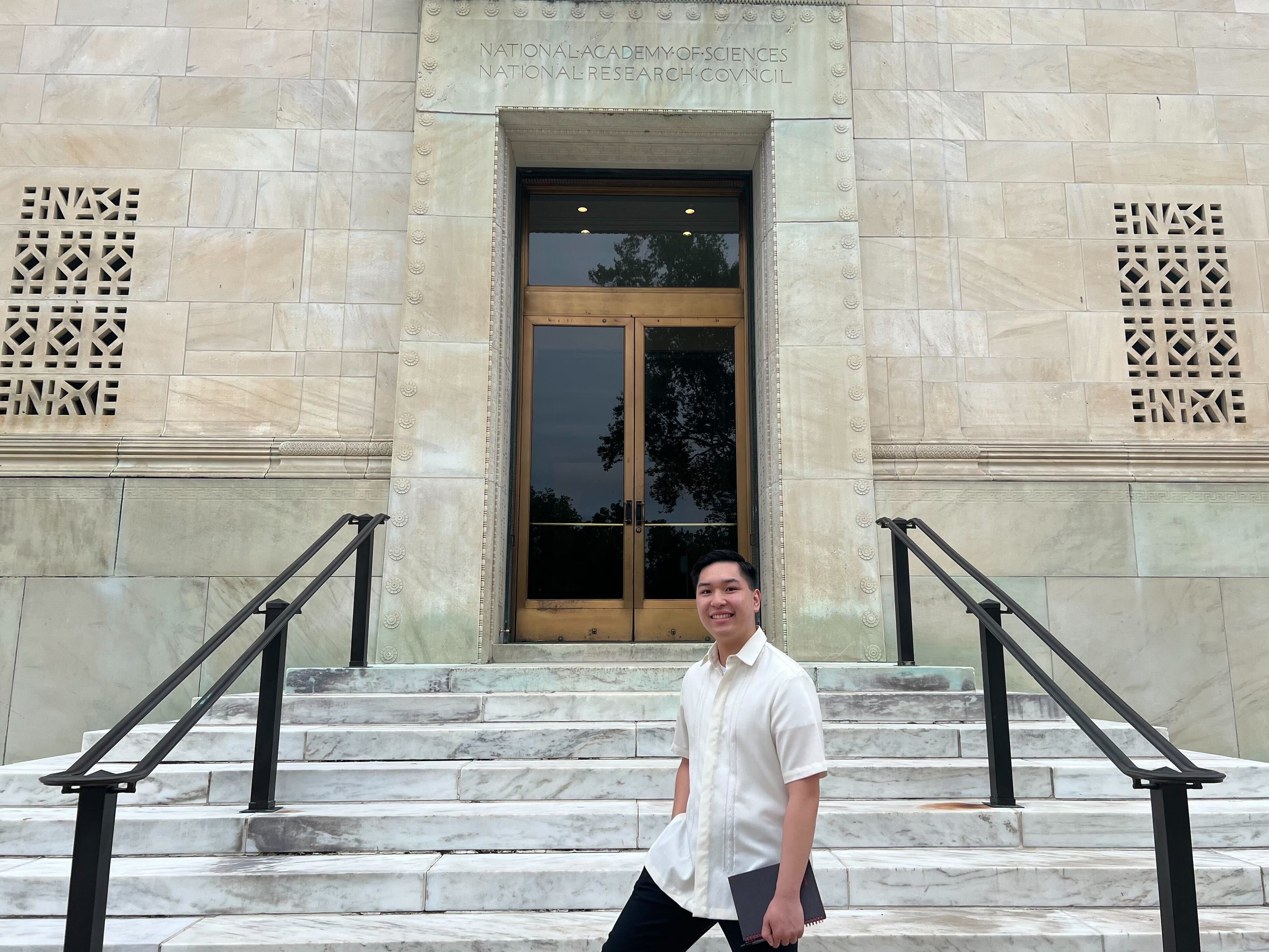Page Not Found
Page not found. Your pixels are in another canvas.
A list of all the posts and pages found on the site. For you robots out there is an XML version available for digesting as well.
Page not found. Your pixels are in another canvas.
Published in SocArXiv (R&R at Science), 2024
Preprint We study how geographical diversity among research evaluators affects the success of research producers. If evaluators favor work from their own countries (homophily), then producers from countries well-represented in the evaluator pool will benefit from homophily more often (differential access to homophily), resulting in a “geographical representation bias.” We test if this bias exists in science publishing using peer review data on 205K submissions to 60 journals published by the Institute of Physics Publishing. We find evidence of both homophily and differential access to homophily. Reviewers from the same country as the corresponding author are 4.78 percentage points more likely to review positively compared to other reviewers of the same manuscript. Authors from countries well-represented in the reviewer pool (e.g. USA, China, India) are 8-9 times more likely to be evaluated by same-country reviewers and benefit from homophily. Exploiting a policy shock that led to some papers being reviewed anonymously shows that anonymization causally reduces country homophily to a statistically non-significant level and, consequently, reduces representation bias. Geographical representation bias may be widespread, benefitting authors from wealthier countries that historically produced more research and have greater representation in the evaluator pool. Anonymization is an attractive tool for reducing this bias.
Recommended citation: Zumel Dumlao, James M., and Misha Teplitskiy. 2024. "Lack of Peer Reviewer Diversity Advantages Authors from Wealthier Countries." SocArXiv. May 6. doi:10.31235/osf.io/754e3. https://osf.io/preprints/socarxiv/754e3
About me
This is a page not in th emain menu
Published:

Published:

Short description of portfolio item number 1
Short description of portfolio item number 2 
Published in USF Scholarship Repository, 2020
Zumel Dumlao, James M., Junjie Lei, Emeka Nwosu, Li Yu Oon, Tsai Ling Jeffrey Wong, James Rising, and Jesse Anttila-Hughes. Master's Thesis.
Published in UMSI Field Preliminary Milestone, 2024
Scientists often perform their work organized in laboratories. As lab teams become increasingly large, research management grows in its capacity to make science more useful and efficient. Generally, management choices influence output by modifying workplace conditions, and thereby the skill, effort, and time workers devote to production. Managers may choose team members’ reward scheme, and one option is to introduce within-team competition for incentives. In science, inter-lab competition is well-documented, while intra-lab competition is understudied. This field preliminary paper reviews prior work from economics, sociology, and labor studies relevant to individualistic and competitive reward schemes and output, and considers how findings in non-science settings might apply to scientific production. A survey and interview study is proposed to address the lack of theoretical clarity on how research management choices shape intra-lab competition and output at the lab and individual levels.
Recommended citation: Zumel Dumlao, James M.. 2024. "Reward Schemes, Competition, and Output within Scientific Teams." Field Preliminary Paper. December 26. https://jamesmzd.github.io/files/JMZD_field_prelim_paper_revision.pdf
Published in SocArXiv, 2025
Preprint Authors from low- and middle-income countries often have lower acceptance rates in academic journals, leading to their ideas receiving less attention. One hypothesized contributor to this disparity is the limited geographical diversity of peer reviewers. If reviewers favor submissions from their own country (i.e. homophily), and authors from certain countries are disproportionately reviewed by same-country reviewers, this creates a “geographical representation bias” favoring those authors. Using administrative data from the Institute of Physics Publishing (IOP), encompassing metadata on 204,718 submissions to 60 STEM journals between 2018-2022, we find strong evidence of this bias. Comparing different reviewers of the same manuscript, we find that those from the same country as the corresponding author are 4.78 percentage points more likely to review positively, and authors from countries well-represented in the reviewer pool (e.g., USA, China, India) are 8-9 times more likely to be evaluated by same-country reviewers. An instrumental variables analysis using an exogenous policy change that created variation in which submissions were anonymized shows that anonymizing submissions does not significantly reduce homophily. These findings provide support for efforts to diversify reviewer pools, and suggest that there are no “quick fixes” for geographical representation bias.
Recommended citation: Zumel Dumlao, James M., and Misha Teplitskiy. 2025. "Lack of Peer Reviewer Diversity Advantages Authors from Wealthier Countries." SocArXiv. February 26. doi:10.31235/osf.io/754e3_v3. https://osf.io/preprints/socarxiv/754e3
Published:
This is a description of your talk, which is a markdown files that can be all markdown-ified like any other post. Yay markdown!
Published:
This is a description of your conference proceedings talk, note the different field in type. You can put anything in this field.
ECON 311: Intermediate Microeconomics, University of San Francisco, Economics Department, 2020
Graded 5 problem sets for 34 students taught by Prof. Mario Muzzi.
SI 301: Models of Social Information Processing, University of Michigan School of Information, 2024
Faculty Instructor: Prof. Daniel Romero